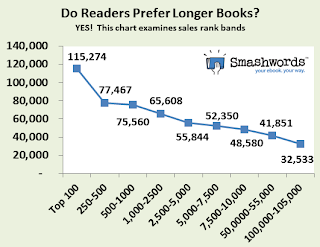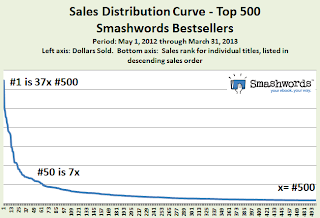I saw this app/program on the internet that points out, in the nicest possible way, how terrible your writing is. It’s name is Hemingway and you paste a bunch of text into it and it advises you of the following:
- Hard to read sentences
- Very hard to read sentences
- Undesirable use of adverbs
- Words or phrases that can be simpler
- Use of passive voice
- Readability (i.e. lowest education level needed to understand your text)
Why these?
For starters, length matters. While we all want to wax poetic with flowery prose the best advice is KISS: Keep It Simple, Stupid. I thought the first two would be a cinch to identify but as it turns out, a sentence that I think is longish Hemingway will flag as long (highlighting it in yellow). If I think a sentence is long then Hemingway makes quick work of highlighting it red, telling me that one needs a do over and I’d best take its advice lest I lose the reader down a rabbit hole never to have them return.
As for adverbs, a friend once told me, “Adverbs are your enemy.” While they may be fine for the spoken word, on the page they are just the opposite. Use sparingly.
Similar to length being a factor, using straightforward words and phrases are a good way to manage the readability of your text. Simpler words will have less chance of discombobulating the reader.
The passive voice is something I struggle with a lot. I think it’s frustrating because I’m Canadian and feel the need to be polite and apologize for everything. I’m sorry, but it’s true. The problem with this is that when we write in the passive voice the reader will be disengaged. Engage the reader. Show them action!
Readability is also important, unless you’re writing a research paper or other academic rigmarole. Don’t limit your audience by requiring them to book office hours with their English prof just so they can finish your book.
I was discussing this program with a few other writers and the general consensus was that it was quite helpful. One experienced and successful writer noted that thinking about rules will stifle creativity. As we all know, it’s the creativity that makes the story. As a writer who also dabbles with singing and photography I couldn’t agree more. I know that the more rules that I’m told to follow the less likely I am to get in that creative zone.
That said, if you don’t follow a few core rules you won’t get far. In singing if you don’t have good posture and breathe you won’t be rattling the rafters any time soon. In photography, if you overexpose your picture you ruin it. You can always bring out detail in a darker photograph, but you can recreate that detail if you wash it out with too much light.
In writing, there are so many damn rules that you could spend all day just making sure you’re following them all, but if you had to pick a few to stick with I’d say that Hemingway highlights the big ones. It’s also no surprise that these are the ones people abuse the most often. I know I do.
For fun I put the first draft of this post into Hemingway and here’s what it spat out:
- Paragraphs: 5
- Sentences: 19
- Words: 322
- Characters: 1458
- Readability: Grade 9
- 0 of 19 sentences are hard to read.
- 3 of 19 sentences are very hard to read.
- 8 adverbs. Aim for 2 or fewer.
- 3 words or phrases can be simpler.
- 4 uses of passive voice. Aim for 4 or fewer.
To be fair to myself, what you read above is quite different from the original. I rewrote it so that the readability came down to grade 6 and the only offending item was the word “very” (which I had to use because it was quoting their own damn site). What did I think about it when compared to the original? In three words: it was better. In another two it was: tighter, cleaner.
It was also less… fun. Less fun to write and I’m guessing it would have been less fun to read as well. So, I went and changed it all to be a little tongue-in-cheek and a little more relaxed. I happen to like the way it reads now, but since I am using my blog to get some words written every week and (hopefully) hone my craft, I think I’m going to start using Hemingway (next week) to hammer home some of those fundamentals that I never picked up in high school English class (I’m so sorry Ms. Nowak!)
Looking at my steadily increasing monthly readership I think it’s turned out alright for me and my little blog, so rules be damned (most of them, anyway).





